Herpes zoster, commonly known as shingles, is caused by varicella zoster virus (VZV), which is the same virus that causes chickenpox. The virus remains dormant in the body after chickenpox infection. People get herpes zoster when there is a reactivation of the virus. The risk increases sharply in people over the age of 50.
Herpes zoster usually affects the dermatomes of the skin and causes itchy and painful vesicular lesions. The lesions take 2 to 3 weeks to fully recover but post-herpetic neuralgia may last for a month. When certain nerves are affected by the virus, it can cause damage to some important organs, eg eyes and ears, which affect vision and hearing.
The existing herpes zoster vaccine (Zostavax) has an efficacy from 40 to 70%.
There is a new zoster vaccine, (Shingrix: inactivated, adjuvanted, subunit vaccine) approved by FDA in Oct 2017 which has a much better efficacy of over 90%. CDC now recommends Shingrix in adults aged 50 years or older, regardless of herpes zoster history or previous zoster vaccination. The vaccine is an intramuscular injection with a two doses regimen. The 2nd dose can be given 2 to 6 months after the first dose. Common side effects of the vaccine include local site reactions (pain, redness and swelling), fever, myalgia, headache, fatigue and gastrointestinal upset. Uncommon side effect includes hypersensitivity reaction.
We therefore recommend ALL individuals over 50 years of age to receive this new Zoster vaccine, whether you have received the older vaccine, or has had zoster previously or not.
Please contact our clinic staff at 2526 6332 / 9877 1662 (Whatsapp) for more information.

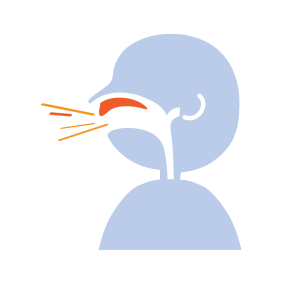
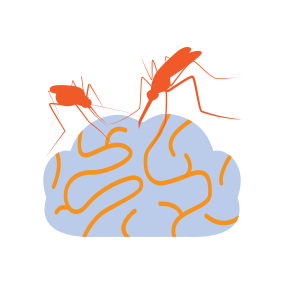
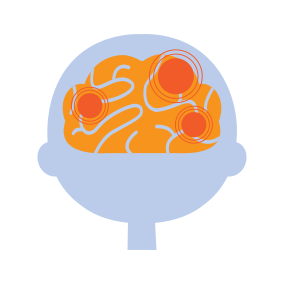
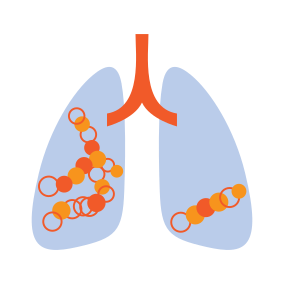
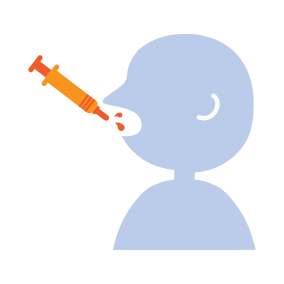
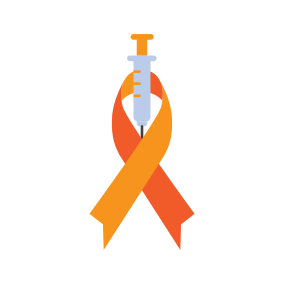
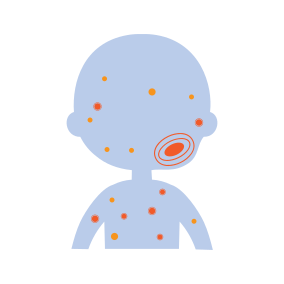
疫苗.png)
